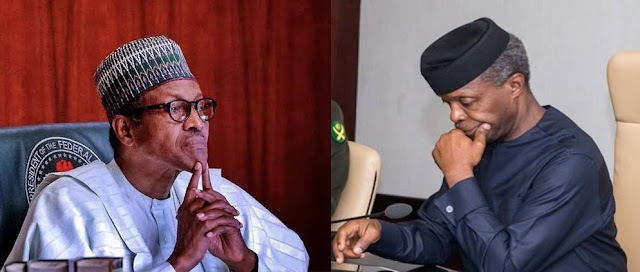CAN PRESIDENT MUHAMMADU BUHARI LEARN FROM THIS

–––––––––––––––––––––––
The Odua People's Congress (OPC) was founded in 1994 or 1995 as a non-violent socio-cultural pressure group designed to protect Yoruba interests, according to its leader, Dr. Frederick Fasheun.
However, soon after it was founded the OPC split into two factions: the one led by Dr. Fasheun, which claims to support a peaceful struggle for Yoruba autonomy, and a breakaway faction led by Ganiyu Adams, which reportedly promotes the use of force to achieve the same goals.
In addition to its political activities the OPC is often reported to be involved in criminal activities, and since mid-1998 has been involved in a series of violent clashes involving Yorubas and members of Nigeria's other ethnic groups.
Ethnic fighting has resulted in hundreds of deaths since President Obasanjo came to power in late May 1999. The OPC reportedly admitted involvement in some of these incidents.
In late November 1999 about 100 people were killed in two days of fighting between Hausa and Yoruba traders in "Mile 12" market in Ketu district on the northern outskirts of Lagos.
––––––––––––––
Source: Agence France Presse (AFP)







Comments
Post a Comment